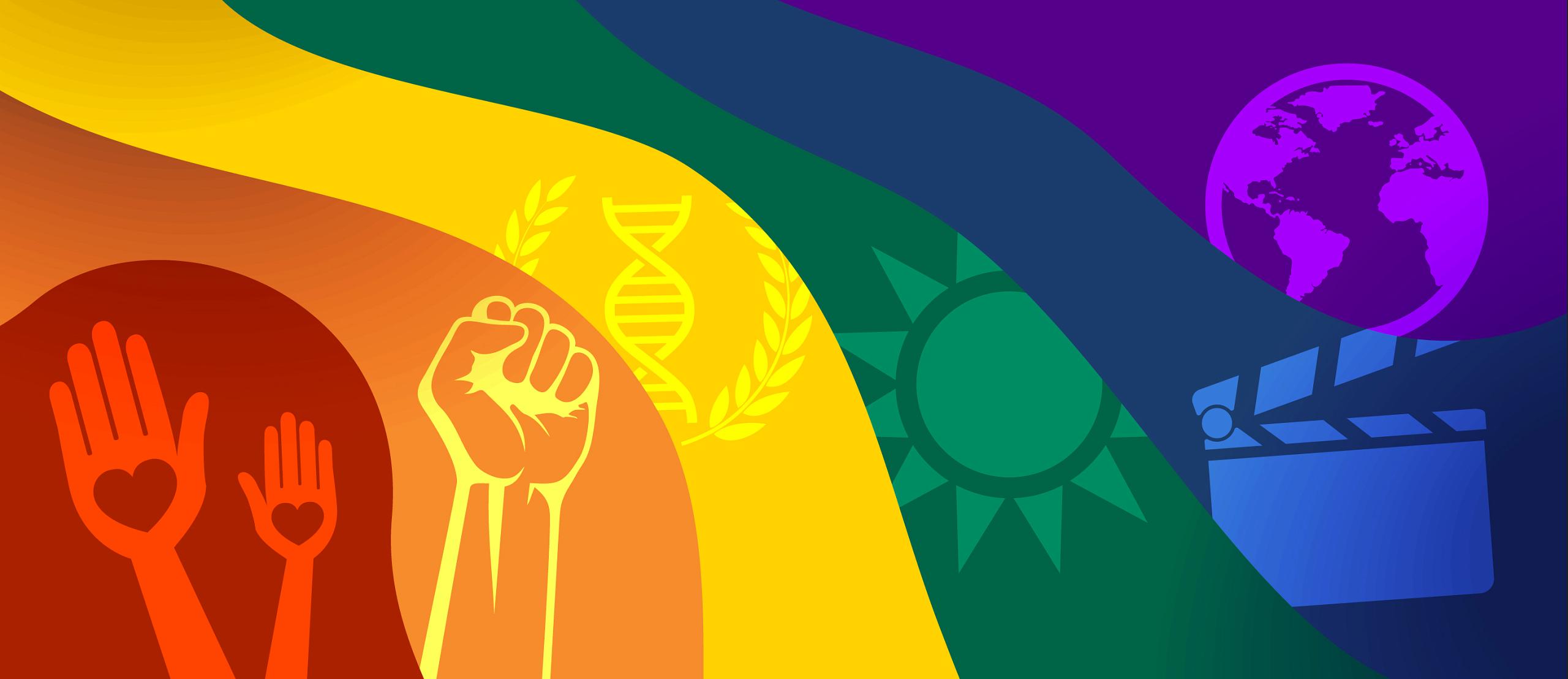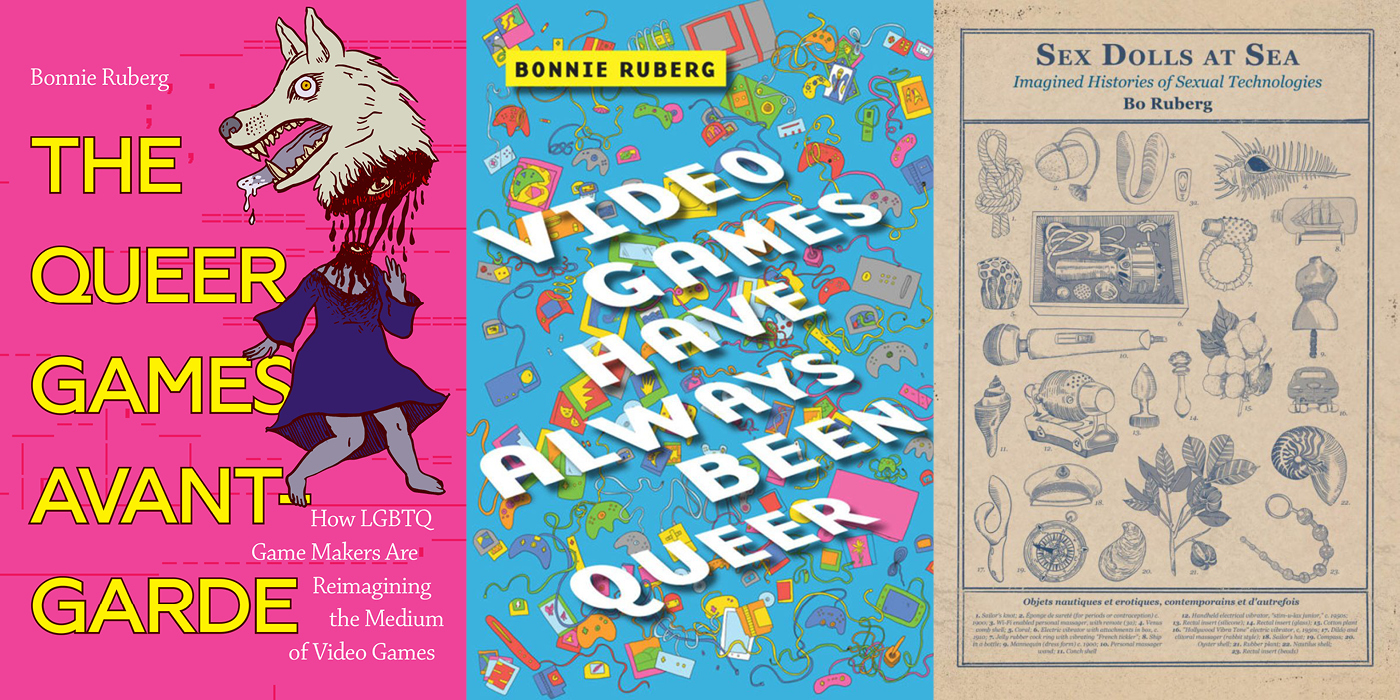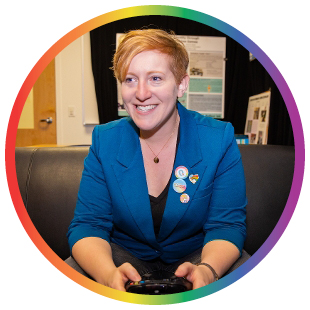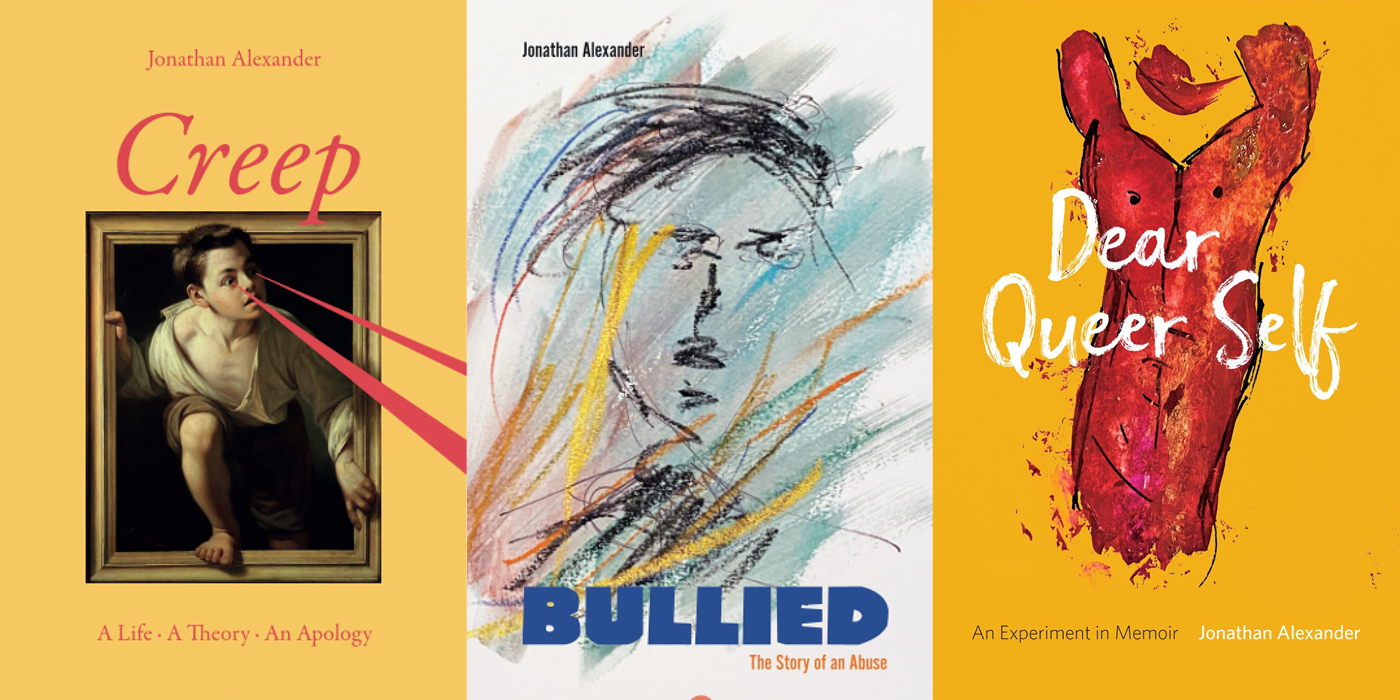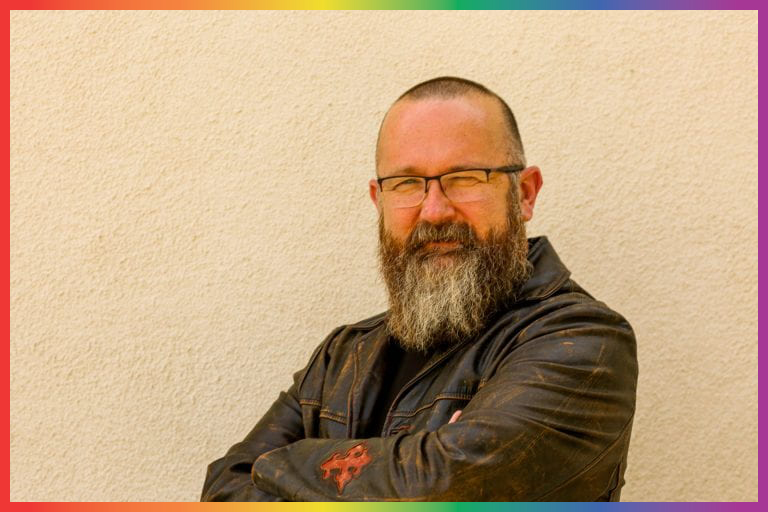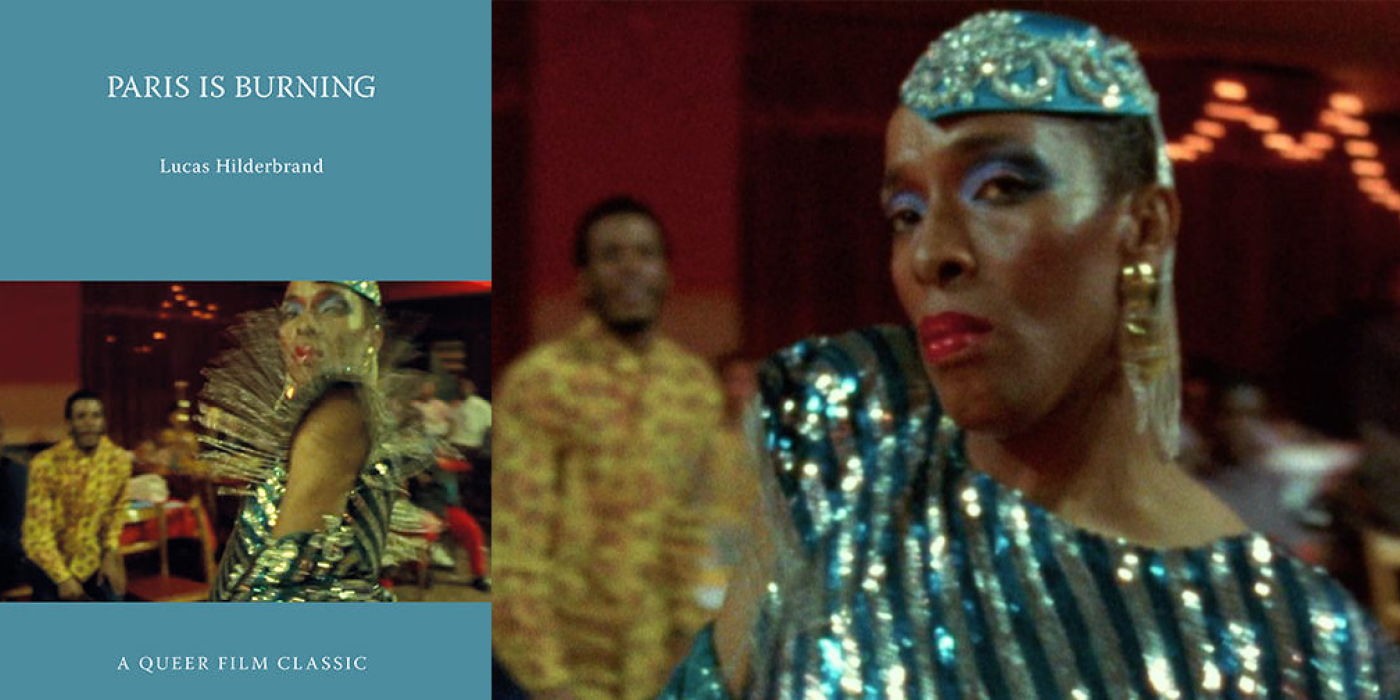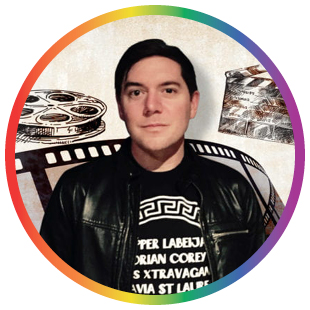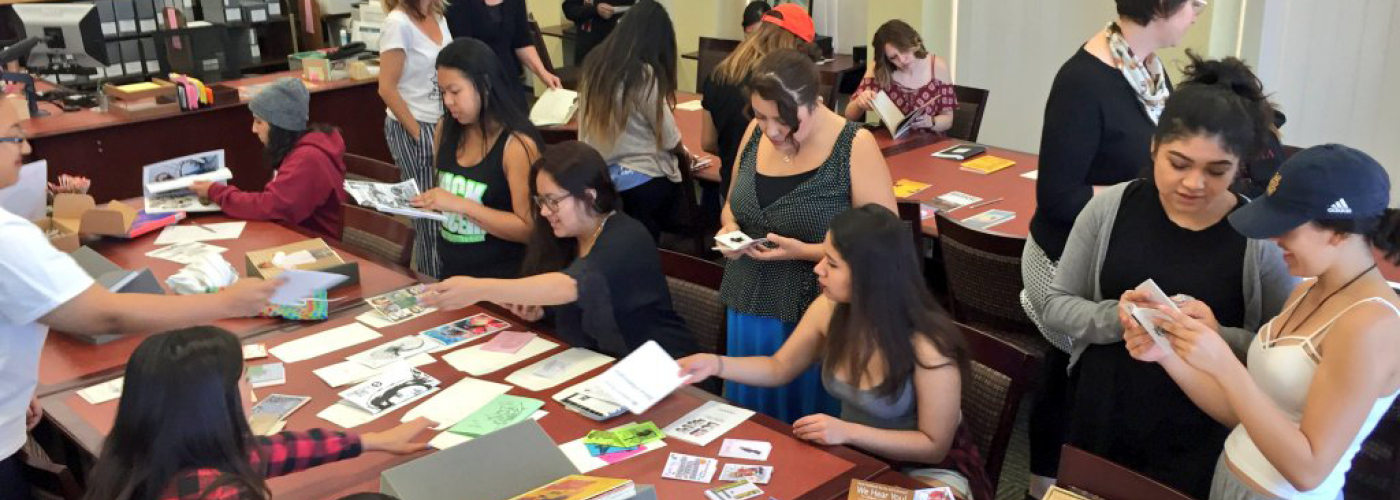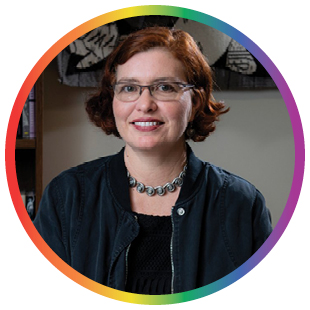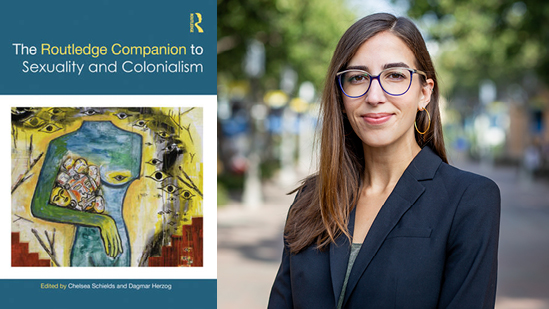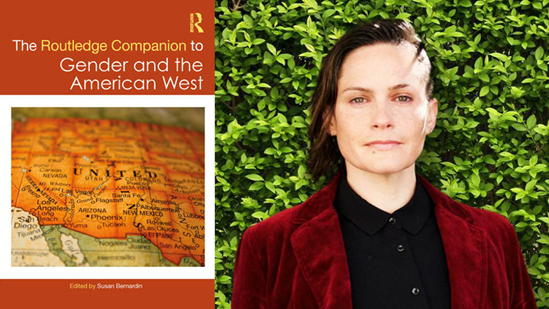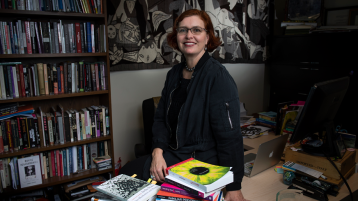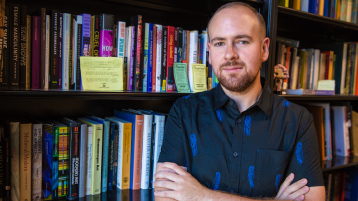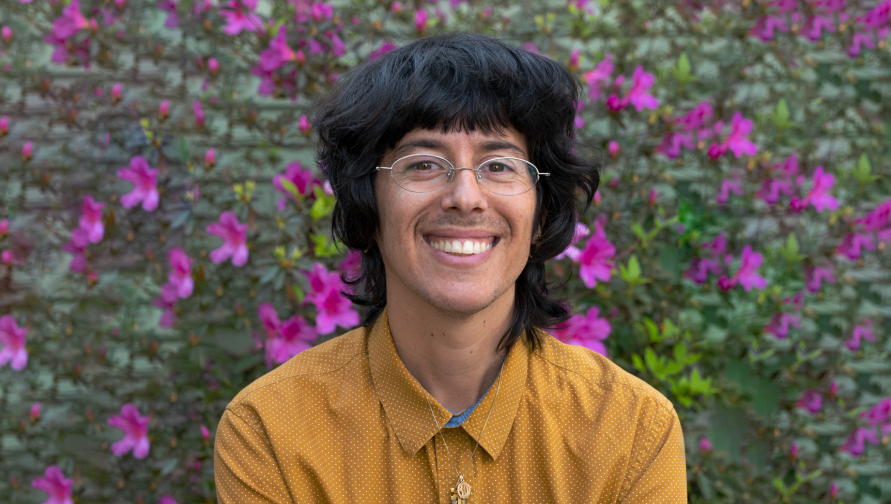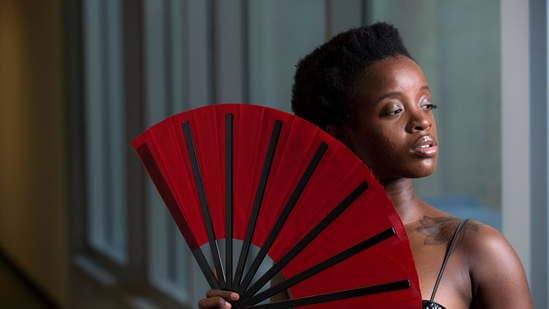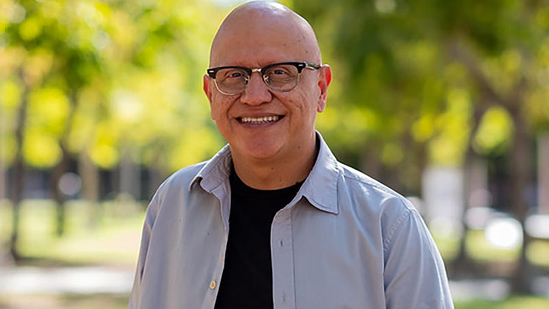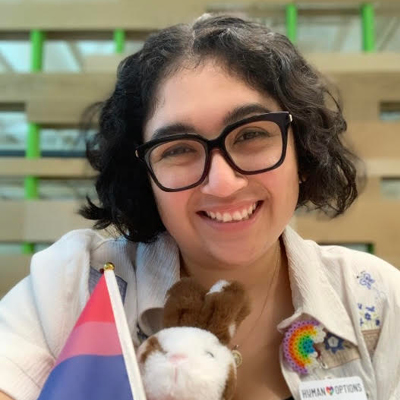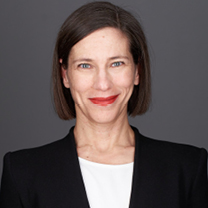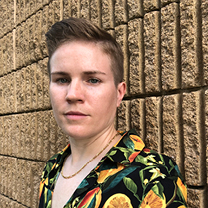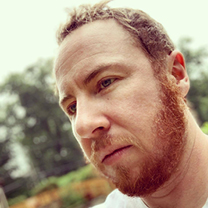What is queer?
Since the late 19th century, "queer" has been a term of contempt used against gender variant and non-heterosexual people. Many contemporary LGBT folk of a certain age remember distinctly the taunt and slur being used against them in their communities of origin.
During the 1980s, however, LGBT rights activists, particularly those fighting the American government's refusal to address the AIDS crisis, began using the term "queer" as an umbrella term for LGBT people. They reclaimed the homophobic insult as a term of power, a way to fight back against discrimination and oppression: 'We're here, we're queer, get used to it!'
With that said, not everyone in the LGBT community, even now, identifies with the term. And often it is important to use more specific words, like "lesbian" and "trans" and "bi." But "queer" has persisted as an important term to mark how gender variant and non-heterosexual people have turned a hateful slur into a rallying term for activism and pride.
Jonathan Alexander
UCI Chancellor's Professor of English

